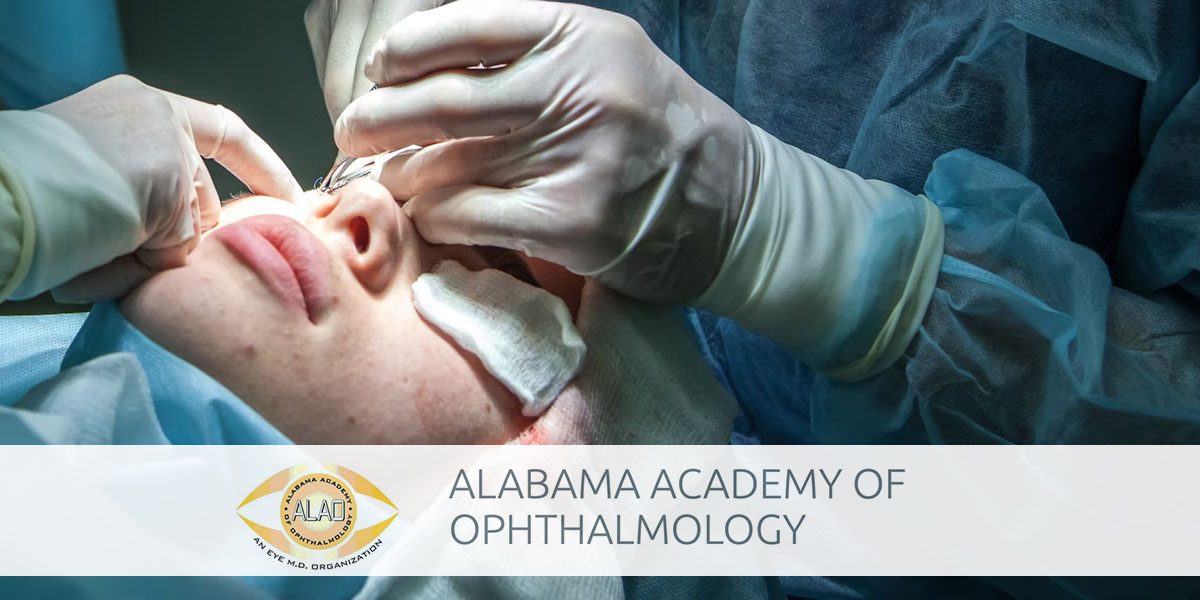Alabama lawmakers are considering legislation that would compromise patient safety by allowing non-physicians to perform surgeries on one of the body’s most complex and delicate organs – the eye.
As a medical doctor and surgeon, I urge state legislators to vote down this reckless Senate Bill 120 and preserve the physician lead team-based approach to medical care that puts patient safety first.
If Senate Bill 120 becomes law, optometrists, who are not surgeons, will be able to perform surgery on the eye, eyelids and face using lasers, scalpels and needles. Optometrists are not medical doctors. They do not complete medical school, and they do not complete an accredited residency in eye surgery.
Optometrists are valued members of the eye care team. They provide primary eye care services such as checking for common vision problems as well as prescribing glasses and contacts. However, they do not have the medical education, years of surgical experience or training necessary to perform eye surgery.
If Senate Bill 120 passes, non-surgeons will be able to ablate (destroy) tissue inside of the eyeball using lasers. They will be able to inject medication directly into any part of the eyeball using a needle and will be able to remove lesions such as malignant cancers from much of the face using a scalpel.
Currently in Alabama and most of the United States, these types of surgeries are only performed by ophthalmologists who are licensed medical doctors that have completed four years of college, four years of medical school, passed a three-part medical licensure examination, completed four to six years of residency in eye surgery and upon completion passed a comprehensive board certification exam in eye surgery.
So how can Alabama lawmakers possibly justify lowering the standard of patient care and putting the safety of Alabama patients at risk? Surely there must be some benefit that outweighs this potential risk? There is not.
Proponents of the bill argue that it will expand access to health care. Currently in Alabama, we do not have a problem with access to surgical eye care. Medicare claims data demonstrate that 91% of Alabama’s population is within a 30-minute drive to an ophthalmologist, and 99.7% of Alabama‘s population is within the same or shorter drive to an ophthalmologist than they are to a Walmart Supercenter.
Furthermore, many rural counties that do not have ophthalmologists also do not have optometrists. For example, Wilcox, Lowndes and Perry Counties in the Black Belt do not currently have optometrists. In addition, 92% of ZIP codes in Alabama with optometry offices are within a 30-minute drive to an ophthalmologist.
Another argument that supporters of Senate Bill 120 make is that optometrists are leaving Alabama to go to one of the small numbers of other states that allow them to do procedures. The data show the opposite. If you examine the population data, you will find that the number of optometrists in Alabama has actually been increasing in recent years and has significantly outpaced the percentage growth of the overall state population. UAB graduates roughly 40 optometrists every year and only 5 ophthalmologists.
In short, this dangerous bill is a reckless solution to a problem that does not exist. There is no problem with access to surgical eye care in Alabama and there is no shortage or net loss of optometrists. Lowering education and training standards for surgery simply lowers the bar for quality patient care.
Senate Bill 120 is a step backward when it comes to patient safety and addressing Alabama’s health care challenges. Rather than pushing dangerous legislation that attempts to pit optometrists against ophthalmologists. Alabamians would be better served if our legislators focused on promoting the highest standards of medical care for the people of our state.
Senate Bill 120 does exactly the opposite and should be stopped.
Dr. Wyatt is President of the Alabama Academy of Ophthalmology.













